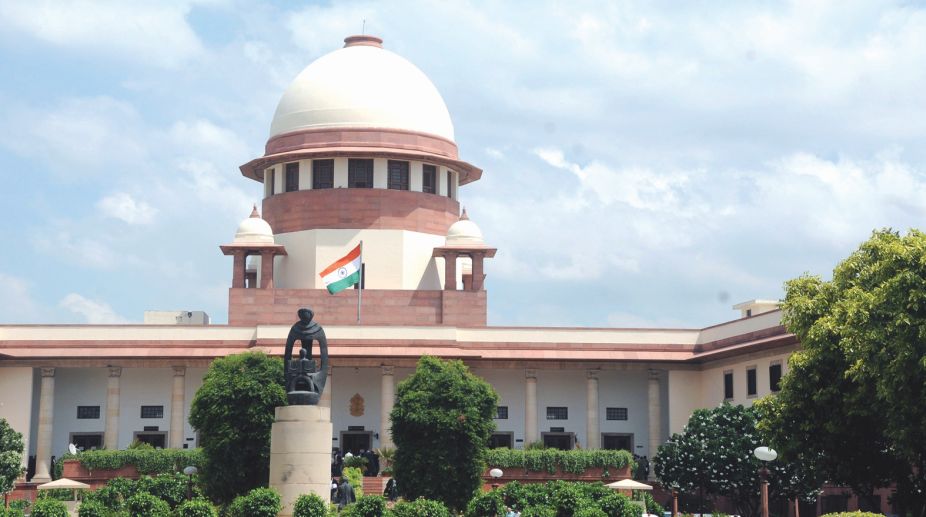India’s Got Latent: SC issues notice on YouTuber Ashish Chanchlani’s plea against FIRs
SC issues notice on YouTuber Ashish Chanchlani’s plea to quash or transfer FIR in India’s Got Latent case; tagged with Ranveer Allahabadia’s petition.

Supreme Court of India (Photo: IANS/File)
Three weeks after four top judges of the Supreme Court ~ Justice J Chelameswar, Justice Ranjan Gogoi, Justice M B Lokur and Justice Kurian Joseph ~ had come out to publicly question the administration of justice and state of affairs in the top court on the watch of Chief Justice of India (CJI) Dipak Misra, the apex court on Thursday unveiled a new roster system for allocation of fresh matters to the judges, declaring the categories of matters that would be listed before its 12 top Benches.
CJI Misra has decided to keep with himself the public interest litigation (PIL) cases. The CJI’s order on the new roster system was put on the official website of the top court. The notification said a roster of the work for fresh cases, notified under the order of the CJI, will come into effect from 5 February till further orders.
Advertisement
The apex court’s 13-page notification has given the description of matters that would be allocated to the Benches headed by the CJI and 11 other judges after him ~ Justices Chelameswar, Gogoi, Lokur, Joseph, A K Sikri, S A Bobde, R K Agrawal, N V Ramana, Arun Mishra, A K Goel and R F Nariman.
Advertisement
The Supreme Court had been gripped by an unprecedented crisis in the wake of the four senior judges’ virtual ‘‘revolt’’ against CJI Misra at a press conference at Justice Chelameswar’s residence here on 12 January, which had sent out shock waves through the judiciary and polity of the country.
Raising serious issues against the CJI, including the matter of “selective” allocation of cases to “preferred” Benches by him, the four seniormost judges after the CJI ~ who are together part of the Collegium ~ had also warned that democracy will be at stake if the integrity and independence of an institution like the apex court are not protected.
The four “rebel” judges had questioned the allocation of sensitive cases and important PILs to judges with less seniority. While conceding that the CJI is a “master of the roster”, the four judges had accused him of not strictly adhering to rules in assigning cases to appropriate Benches which they said could create “doubt” about the integrity of the top court.
The “final trigger” for their “revolt” was the assigning of the issue of alleged mysterious death of special CBI judge B H Loya ~ who was hearing the sensitive Sohrabuddin Sheikh encounter case which earlier involved as an accused BJP president Amit Shah ~ to a junior Bench.
Amid the crisis, CJI Misra had held several rounds of meetings with the four judges over the last few weeks in a bid to resolve their conflict.
The four dissenting judges had also reportedly given the CJI a proposal for “reforming” the roster in order to make the system of allocation of cases ~ especially sensitive and major cases relating to constitutional or other important matters with far-reaching consequences ~ to various Benches more “effective, objective and transparent”.
Advertisement